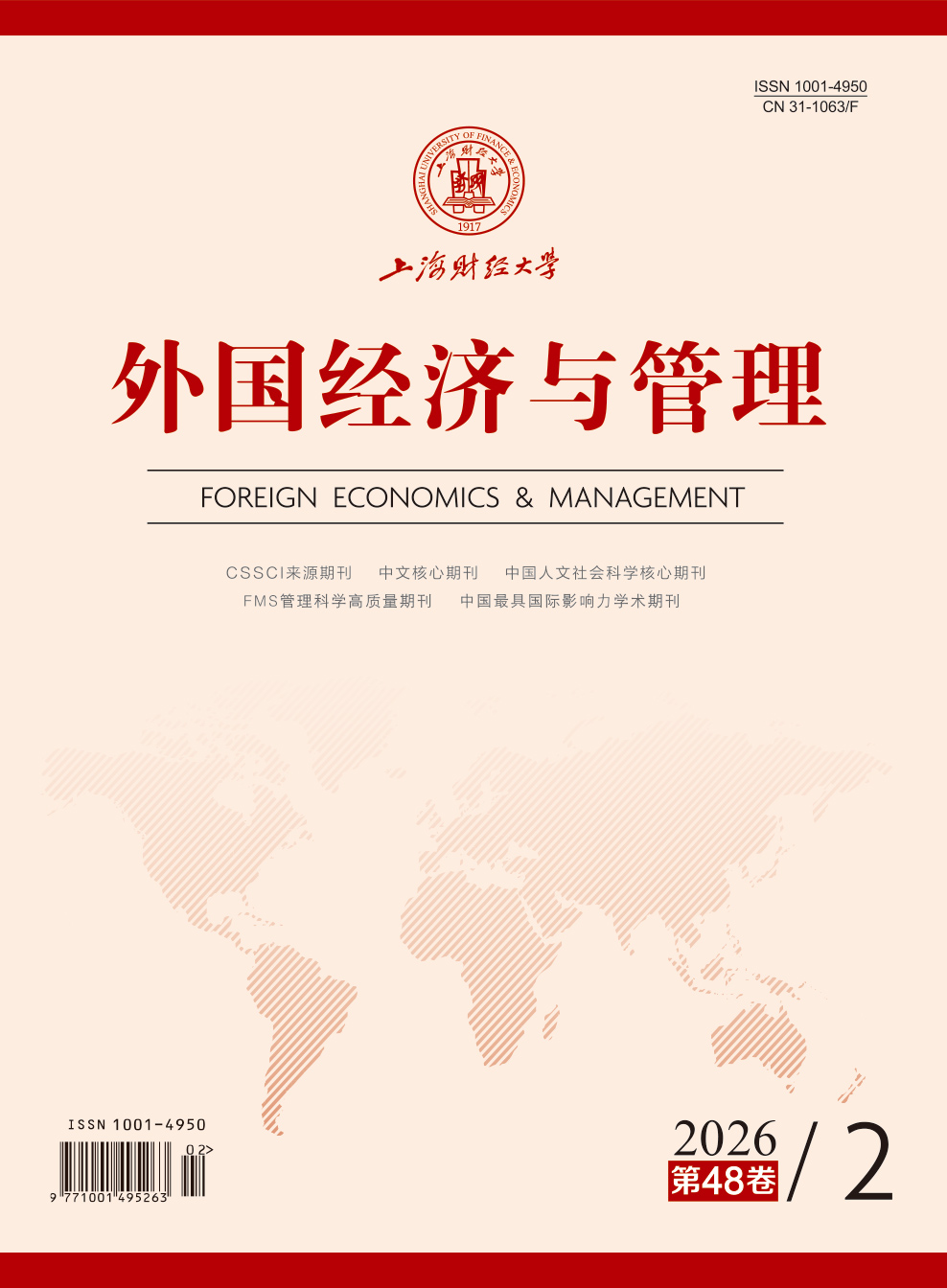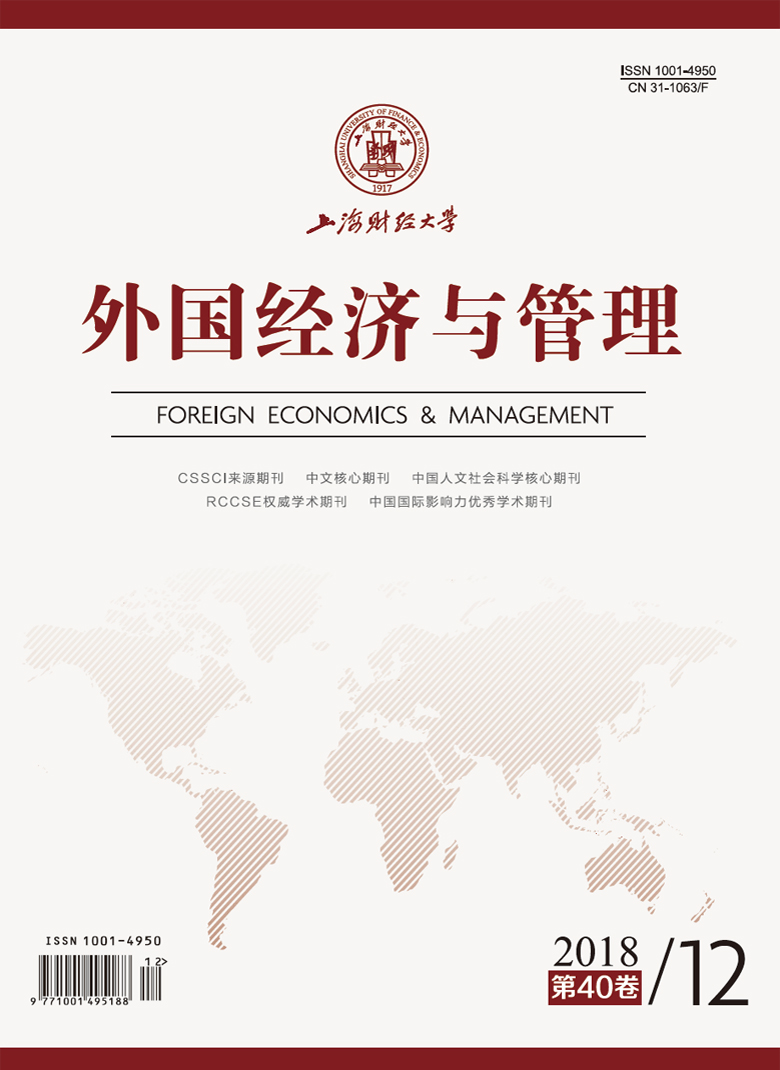Corporate peer effects mean that corporate policies are influenced by the characteristics and actions of other firms in the reference group. It is generally recognized that managerial peer learning is the main driving factor of corporate peer effects, but it is questionable whether such a behavior of peer learning is rational. We find that misstated financial statements paint a picture of rosy industry prospects that leads peer firms to make unexpected or distorted decisions. Furthermore, the magnitude of the distortion varies predictably with peer firms’ characteristics. Specifically, first of all, industry competition intensifies peer firms’ wrong response to industry leaders’ fraudulent financial reporting. Second, there exists a negative relationship between the response of peer firms and industry prosperity. The capital expenditure level of peer firms is higher in economic downturn than in economic prosperity. In addition, peer firms in the life cycle of a growing industry are more likely to be affected by the fraudulent financial reporting of industry leaders, exhibiting higher investment expansion. These results show that fraudulent financial reporting not only reduces the investment efficiency of the firm itself, but also leads to irrational investment in the whole industry, and the degree of influence varies with the industry attributes of peer firms. This paper makes the following contributions to the exiting literature. First, we investigate the spillover effects of fraudulent financial reporting from the perspective of industry characteristics, which helps to understand the internal mechanism of peer effect formation and provides new empirical evidence for the negative economic consequences of financial fraud. Second, we find that fraudulent financial reporting by industry leaders will distort investment decisions of peer firms. It’s important for the company management to pay attention to screening peer financial information to optimize investment decisions. At the same time, exploring the differences of spillover effects in different industries can help regulators to identify which industries are most affected by negative externalities of fraudulent financial reporting.
 / Journals / Foreign Economics & Management
/ Journals / Foreign Economics & ManagementForeign Economics & Management
JIN Yuying, Editor-in-Chief
ZhengChunrong, Vice Executive Editor-in-Chief
YinHuifang HeXiaogang LiuJianguo, Vice Editor-in-Chief
Financial Fraud, Industry Characteristics and “Peer Effects” of Corporate Investment
Foreign Economics & Management Vol. 40, Issue 12, pp. 125 - 137 (2018) DOI:10.16538/j.cnki.fem.2018.12.009
Summary
References
Summary
[1] Chen Xinyuan, Jin Qinglu, Xiao Tusheng, Zhang Guochang. Industry competition, managerial investment and equity value of growth/put options[J]. China Economic Quarterly,2014,13(1):305-322.
[2] Fang Junxiong. Corporate investment decision-making convergence in China: Herd behavior or wave phenomenon? [J]. Journal of Finance and Economics, 2012, 38(11): 92-102.
[3] Fu Chao, Yang Zeng, Fu Daiguo. Does Peer Effect Affect the Goodwill: Empirical Evidence from High-Premium M&A on the GEM[J]. China Soft Science, 2015, (11): 94-108.
[4] Lin Le, Xie Deren, Chen Yunsen. Ultimate controller supervision, industry competition and manager incentives —— empirical evidence from privately controlled listed companies[J]. Accounting Research, 2013, (09): 36-43.
[5] Liu Gang, Yu Xiaodong. The match of managers’ style and corporate strategic choice ——Perspective of coordination between industry life cycle and corporate capability life cycle[J] China Industrial Economics, 2015, (10): 115-130.
[6] Lu Rong, Wang Ce, Deng Mingmao. “Peer effect” in Capital Structure of China’s Listed Firms[J]. Business Management Journal, 2017, 39(1): 181-194.
[7] Wang Jiang. Inter-organizational limitation, environmental uncertainty and location choice: The case of Chinese in the US[J]. Chinese Journal of Management, 2014, 11(12): 1775-1781.
[8] Yang Xingquan, Qi Yunfei, Wu Haomin. Economic cycle, industry prosperity and loss-making company pricing[J]. Management World, 2016, (1): 153-169.
[9] Yue Ximing, Cai Meng. Research on the Inequitable Proportion of Wages in Monopoly Industry[J]. China Industrial Economics, 2015,(5): 5-17.
[10] Beatty A, Liao S, Yu J J. The spillover effect of fraudulent financial reporting on peer firms’ investments[J]. Journal of Accounting and Economics, 2013, 55(2-3): 183-205.
[11] Bloom N, Bond S, van Reenen J. Uncertainty and investment dynamics[J]. The Review of Economic Studies, 2007, 74(2): 391-415.
[12] Karuna C. Industry product market competition and managerial incentives[J]. Journal of Accounting and Economics, 2007, 43(2-3): 275-297.
[13] Kaustia M, Rantala V. Social learning and corporate peer effects[J]. Journal of Financial Economics, 2015, 117(3): 653-669.
[14] Leary M T, Roberts M R. Do peer firms affect corporate financial policy?[J]. The Journal of Finance, 2014, 69(1): 139-178.
[15] Raith M. Competition, risk, and managerial incentives[J]. The American Economic Review, 2003, 93(4): 1425-1436.
Cite this article
Wang Lei, Hu Chunhua, Kong Dongmin. Financial Fraud, Industry Characteristics and “Peer Effects” of Corporate Investment[J]. Foreign Economics & Management, 2018, 40(12): 125-137.
Export Citations as:
For
ISSUE COVER
RELATED ARTICLES




 , 1
, 1 13748
13748  15571
15571

